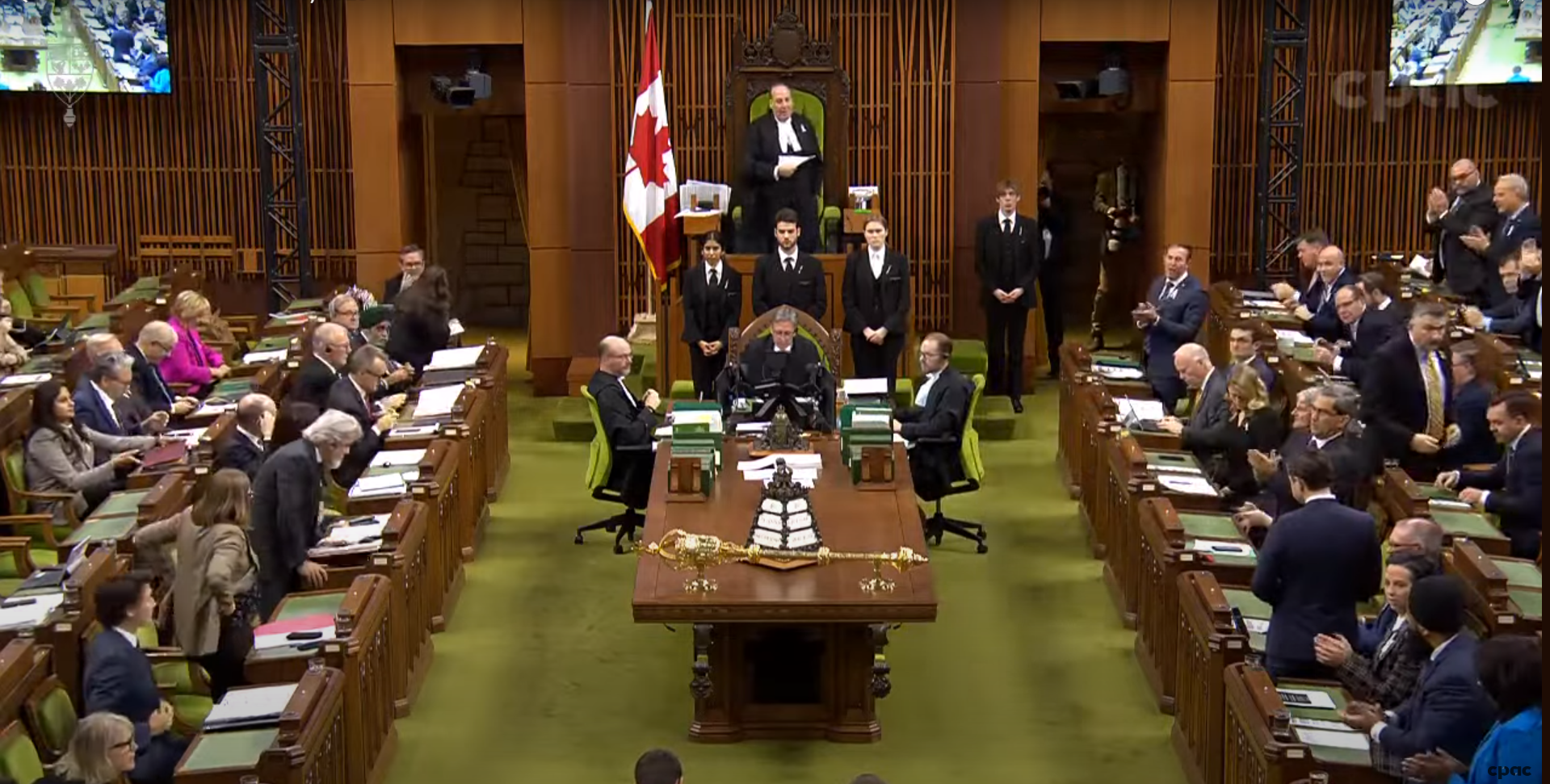In a dramatic escalation of political tension on Parliament Hill, Conservative leaders are pressing the Liberal government to disclose the identities of Members of Parliament (MPs) allegedly involved in aiding foreign states. This call for transparency follows a confidential report by the National Security and Intelligence Committee of Parliamentarians (NSICOP) indicating that some MPs may have knowingly cooperated with hostile foreign governments.
Conservative leader Pierre Poilievre has been vocal in his demands, insisting that Canadians have a right to know which of their elected officials are implicated in such serious allegations. “Who are they?” Poilievre demanded in a heated exchange in the House of Commons. “The National Security Committee indicates there are members of this House that have knowingly worked for foreign hostile governments. Canadians have a right to know who and what is the information.”
The call for transparency has put the Liberal government in a difficult position. Minister of Public Safety Dominic LeBlanc responded by emphasizing the sensitivity of intelligence matters. “The Leader of the Opposition knows very well that no government — including the government of which he was a member — is going to discuss particularities of intelligence information publicly,” LeBlanc said.
The controversy stems from a NSICOP report which suggests that a small number of MPs have engaged in activities that could be considered illegal, unethical, and contrary to their oaths of office. The committee, which includes members from various parties and is privy to classified information, is legally bound to confidentiality under the Security of Information Act. This restriction has sparked debate about the balance between national security and public accountability.
Conservative MP Michael Chong joined the call for disclosure, expressing disbelief that such a request was necessary. “This is shocking,” Chong stated. “I can’t believe the following needs to be said. Parliamentarians’ duty is not to a foreign state but to the people of Canada. Simple question. Will the Prime Minister release the names of these parliamentarians?”
The situation has left the public and parliamentarians alike in a state of unease. MPs, who often work closely with one another, are now faced with the unsettling possibility that some among them may have breached their duty to Canada. The implications of such breaches are significant, raising concerns about national security, the integrity of the legislative process, and public trust in government institutions.
Despite the mounting pressure from the Conservatives, the government maintains that revealing the names of the accused MPs would be inappropriate and potentially illegal. The chair of NSICOP underscored this stance, noting that members of the committee are bound by strict confidentiality laws. Any inadvertent disclosure of classified information could lead to prosecution under the Security of Information Act.
The Royal Canadian Mounted Police (RCMP) has confirmed that it is investigating a broad range of foreign interference allegations. However, it has not disclosed whether any parliamentarians are under investigation, citing the sensitivity of ongoing inquiries.
As the debate continues, the issue of foreign interference remains a critical concern for Canada. The integrity of democratic institutions and the trust of the electorate are at stake, and how the government navigates this complex situation will have lasting implications for national security and political accountability.

